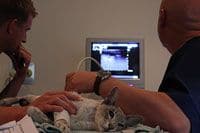Toxic Foods For Dogs And Cats: A Guide
The struggle of saying no when our pets beg for food while we are eating is universal among pet parents. While it may be difficult to resist offering small morsels from our plates, it is the right thing to do. Not only do our pets have different nutritional requirements from us, but many human foods are not just harmful but toxic to them. What foods are toxic for dogs and cats? We’ve compiled a list of toxic foods for cats and dogs, as well as the signs and symptoms if they are ingested.
A-Z of toxic foods for dogs and cats
Below is a list of toxic foods for dogs and cats. This isn’t a full list, and it’s usually best to avoid giving your pet all human foods. If your pet does eat something and you’re unsure if it’s toxic, contact your veterinarian right away.
A
Alochol

Avocados
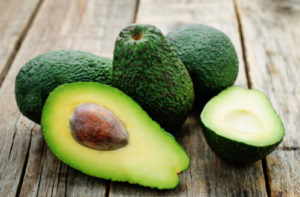
C
Caffeine

Citrus
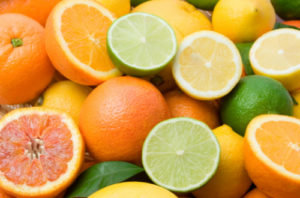
Chocolate

G
Garlic and chives
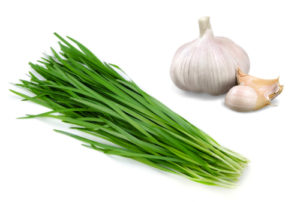
Grapes, raisins, sultanas, and currants
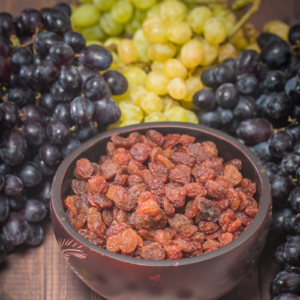
M
Macadamia nuts
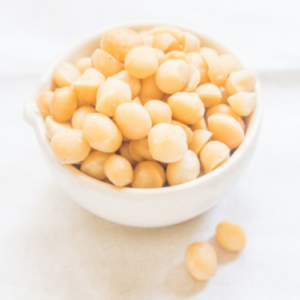
Milk and milk-based products
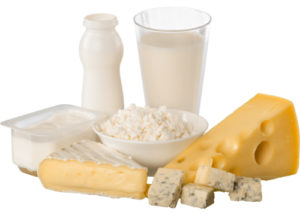
O
Onions
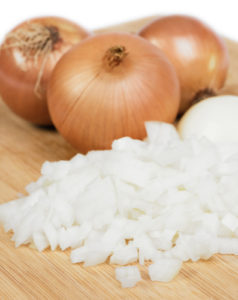
S
Salt
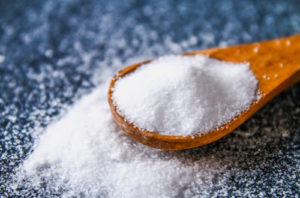
Stone fruit
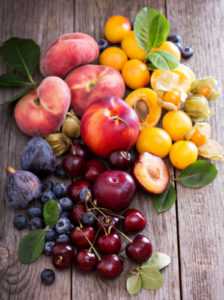
X
Xylitol
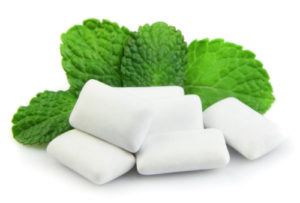
Y
Yeast dough
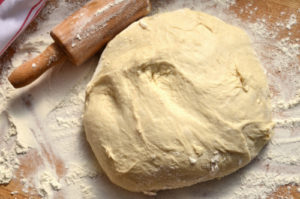
If your pet has eaten food they shouldn’t have, or you suspect they have, contact your local veterinarian or Perth Vet Emergency right away. For more information about what is toxic to pets, visit our Pets and Poisons Guide.



